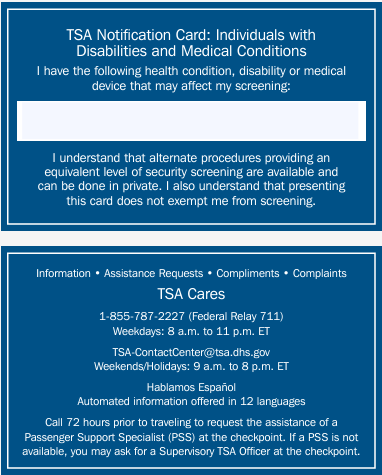Published: April 4, 2024
Raising awareness about autism acceptance and promoting inclusion and connectedness for people with autism

“America was founded on the idea that all people are created equal and deserve to be treated equally throughout their lives. Today, we champion the equal rights and dignity of the millions of Americans on the autism spectrum, and we celebrate the immense contributions of all neurodiverse people, whose perspectives and experiences make America a richer Nation.”
The month of April is Autism Awareness and Acceptance Month. It is an opportunity to “celebrate the unique perspectives of those living with Autism Spectrum Disorder (ASD).” This month also includes observances to highlight the increasing number of individuals identified with ASD and the impacts on families and support services. The National Institute of Health (NIH) defines ASD as "a neurological and developmental disorder that affects how people interact with others, communicate, learn, and behave. Although autism can be diagnosed at any age, it is described as a “developmental disorder” because symptoms generally appear in the first two years of life. Autism is known as a “spectrum” disorder because there is wide variation in the type and severity of symptoms people experience. People of all genders, races, ethnicities, and economic backgrounds can be diagnosed with ASD. Although ASD can be a lifelong disorder, treatments and services can improve a person’s symptoms and daily functioning."
Did You Know?
The Transportation Security Administration (TSA) has a "TSA Cares Helpline" to provide travelers with disabilities, medical conditions, and other special circumstances, additional assistance during the security screening process.
Check out their video "TSA Cares: Screening Travelers on the Autism Spectrum" to find out how you can contact them and print your own notification card prior to traveling, and visit their website to access other important information and resources for travelers.

Related Legislation
Below are highlighted legislation related to ASD from the last several decades.
- Americans with Disabilities Act (ADA), 1990 (42 U.S.C. Chap 126) and (Public Law 104-76) – Provided civil rights protections and “prohibits discrimination against individuals with disabilities in all areas of public life, including jobs, schools, transportation, and all public and private places that are open to the general public.”
- Children's Health Act, 2000 (Public Law 106-310) – Established the National Center on Birth Defects and Developmental Disabilities at the CDC and authorized the establishment of Centers of Excellence at both CDC and the National Institutes of Health (NIH) “to promote research and monitoring efforts related to the causes, diagnosis, early detection, prevention, and treatment of autism.”
- Individuals With Disabilities Education Act (IDEA), 1990 (20 U.S.C. Chap 33) and (Public Law 101-476) and Reauthorization, 2004 (Public Law 108-446) – IDEA ensures that all children, regardless of disability status, are entitled to a free and “appropriate public education to meet their unique needs and prepare them for further education, employment and independent living.”
- Combating Autism Act, 2006 (Public Law 109-416) – Provided funding for ASD and developmental disabilities research, screening, treatment and education; and established a Federal Advisory Committee, the Interagency Autism Coordinating Committee (IACC) to conduct planning, provide support, and for ASD research.
- Autism Collaboration, Accountability, Research, Education and Support (Autism CARES) Act, 2014 (Public Law 113-157) – Reauthorized provisions within the Public Health Service Act relating to autism to provide research, services, and support activities, and also reauthorized the IACC, which releases annual strategic plans for autism research.
- Autism Collaboration, Accountability, Research, Education, and Support Act of 2019 (Autism CARES Act of 2019), 2019 (Public Law 116-60) and (House Report 116-77) – Amended the Public Health Service Act to enhance activities of the National Institutes of Health with respect to ASD research and to also enhance programs relating to autism and other purposes.
Additional Resources
- Take a look at the Centers for Disease Control and Prevention's (CDC) webpage "Learn the Signs. Act Early" which provides tools for parents, early childhood educators and caregivers, including information on their downloadable Milestone Tracker app.
- Check out other ASD Resources available from the CDC.
- Keep watch for updates throughout the month of April for from the Department of Health and Human Services, Interagency Autism Coordinating Committee's website. for the latest autism news, webinars and events.
- To learn more about ASD, visit the National Institutes of Mental Health , and the U.S. National Library of Medicine websites.
- Read the Department of Labor's blog "Respecting and Enforcing Autism Benefits (April 13,2023)," and visit their autism topic resource web page for information that can help employers and others support employees on the autism spectrum.
- See "Fast Facts: Children Identified With Autism (Updated March 2024)" for autism statistics from the U.S. Department of Education.
About Featured Content Articles - This series of articles aims to highlight content available in GovInfo related to various national observances, commemorations, anniversaries and more. See more featured content articles.